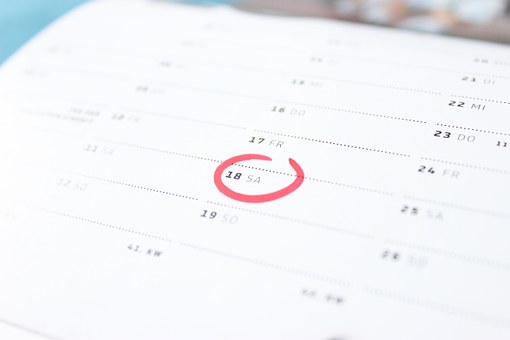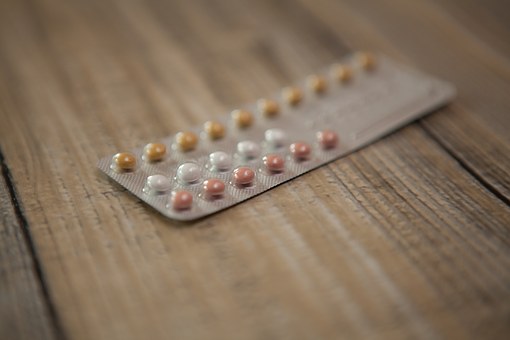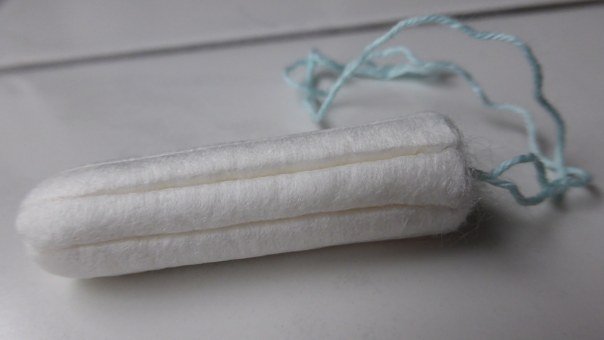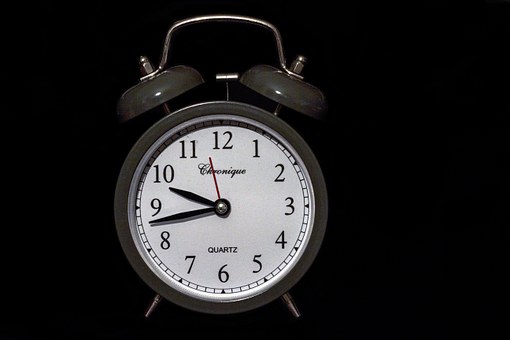11 Common Myths about the Female Body: BUSTED

11 Common Myths about the Female Body: BUSTED
Today we are busting some long-held beliefs about women’s bodies in an effort to set the record straight on some old wive’s tales and myths that have been doing the rounds for like, forever:
Myth #1: A doctor can tell if a woman is a virgin.
In some cultures, men will not marry a woman if there is any suspicion that she is not a virgin. Cue the visit to the doctor to check. But can they? Not really. Around the age of puberty the hymen naturally starts to dissolve away from menstrual fluids, physical activity, tampon use and masturbation. Whilst a fully intact hymen is a fairly good indication that no penetration has taken place and can get the thumbs up, they can not definitively assert that one is not a virgin either, given one in a thousand girls are born without a hymen.
“Some people think the hymen seals off the vagina [until virginity is lost], but that is just not true,” said Dr. Rachel Vreeman of Indiana University and Carroll’s co-author of “Don’t Swallow Your Gum.” In the rare cases when it is sealed, period blood builds in the uterus and causes severe medical problems, she said.
So if you have someone in your life asking (you should probably tell them to piss off) tell them they’re barking up the wrong tree.
Myth #2: A normal menstrual cycle is 28 days
When I got my first period, my mum advised me to mark 28 days in advance on my calendar so I knew when the next one was due. Hahahaha. My period has NEVER come exactly the same in any month; 28 days, 31 days, 35 days…..
Just as we’re all different, so are our menstrual cycles – and it’s not good to get hung up on ideas of ‘normal.’ What’s normal for you might not be for your friend or even your sister, and anything between 21 and 35 days can be expected. The only way to be absolutely certain you get it at exactly the same time is by taking the pill which manipulates your cycle to 28 days.
Myth #3: Being on the contraceptive pill for a long time means it will take longer to get pregnant
“Absolutely not true,” says Dr Zuschmann. “Depending on the kind of birth control you were using before you started trying to conceive, the rate at which your cycle regulates may vary, but not by much.
“As for users of the pill, many cases show that your cycle should get back on track pretty much right away, so you should expect to ovulate within just a few weeks. Studies have shown that within one year after stopping the pill, 80 per cent of women who want to get pregnant do.”
Myth #4: Breastfeeding = birth control
Be very, very careful with this one ladies; whilst it’s true that breastfeeding can delay the return of your periods, relying on this as a trusted method of birth control is very dangerous (particularly for long-term breastfeeders!)
“If a woman is exclusively breast feeding on demand, she hasn’t had a period, and the baby is less than six months old, the chance of conception is around two per cent,” says Dr Zuschmann. “This is called the lactational amenorrhoea method of contraception, but it relies on all of these aspects being absolutely correct, and this is very hard to guarantee.”
Also, ovulation precedes menstruation in your monthly cycle, meaning you won’t know your cycle, or when you’re ovulating, until after your first period.
Speak to your doctor about your contraceptive needs post pregnancy – if you’re breastfeeding, the pill you were on pre pregnancy may not be suitable.
Myth #5: Your Vagina Gets ‘Loose’ From Regular Sex
This one really makes me laugh because if you think about it, hookers would have very short careers if this were true (and my husband would’ve had to find other ways to amuse himself by now). It is a complete misconception that once a vagina has been stretched, it remains forever stretched either by sex, or childbirth.
You’re not ‘tight’ as a virgin and ‘loose’ with frequent intercourse. The muscles in the vagina relax when aroused, and then return to normal afterwards.
This is a complete old wives’ tale, do not believe it. Moving on.
Myth #6: Don’t Exercise During Your Period
Although it sounds like a good excuse not to go to the gym and there probably isn’t a female on the planet that hasn’t conned their gym teacher out of participating because the red river is flowing, there is no need to hold back on normal exercise during this time. Be very wary of white leotards though during your yoga class.
Light workout is safe and may help with hormone levels. “It might be inconvenient but in no way is it detrimental to your health,” says gynaecologist Dr Jaya Bhat.
Of course if you are having a particularly heavy day or have bad cramps, be sensible and don’t push yourself too hard.
Myth #7: Your Periods Sync With Whoever You’re Living With
I’ve always been a believer of this one, mainly because my daughter and I always seemed to be on sync (which usually meant the boys cleared a wide berth around our moods). Apparently though this is just sheer chance as there is no scientific or medical proof that this occurs. Studies have repeatedly shown this it not a phenomenon and what’s really happening is that we just happen to coincidentally overlap. Hmmmm, if they say so….
Myth #8: You Should Remove Your Pubic Hair for Hygiene
If you are going through the annoying and often agonising ritual of ripping out your pubes because you think it’s more hygienic, stop it immediately! It’s there for a reason to protect your bits from infection. If you just happen to love the smooth look, well then go for it but don’t kid yourself that it’s for any other reason than you (or your partner) just like the look.
Myth #9: The Vagina Needs to be Cleaned
A vagina is the original self-cleaning oven. Loaded with good and harmful bacteria, the balance is there to maintain an acidic environment which protects from infections or irritation. Douching can cause an overgrowth of harmful bacteria leading to yeast infections or vaginosis which ironically will cause a VERY smelly box which is probably what you thought you were preventing in the first place. .
A popular practice in previous generations women were sold on the practice in an effort to “smell nice down there” but doctors strongly advise against it. Even using soap can cause irritation.
Girls, it’s MEANT to smell like well……a pussy so do not try and turn it into a lavender garden. Just don’t. If you have worries that it really smells, see a doctor, you could have an infection.
Myth #10: Your Biological Clock is Ticking
As soon as women near 30, or sometimes even before that, the pressure to have a baby grows. They say this is because ‘our biological clock is ticking’ but it seems this is not entirely true.
While age does affect fertility, it doesn’t magically vanish after the age of 30. A study found that there was only a four percentage point difference between the fertility of a woman at 27 and 38.
So, don’t have a kid because you’re running out of time, have one because you want to.
Myth #11: You Can’t Get Pregnant While You’re On Your Period
While it’s unlikely a woman can conceive while she’s menstruating, “nothing, when it comes to pregnancy, is impossible,” said Aaron Carroll of Indiana University and co-author of “Don’t Swallow Your Gum: Myths, Half-truths and Outright Lies About Your Body and Health” (St. Martin’s Griffin, 2009).
Those sperm are patient. They can hang around for A WEEK waiting for an egg. And ovulation can occur before, soon after or even during the bleeding phase giving that sucker the chance to get lucky. The timing method of birth control doesn’t work well, Carroll said, agreeing that couples who practice it are often called: parents.
























